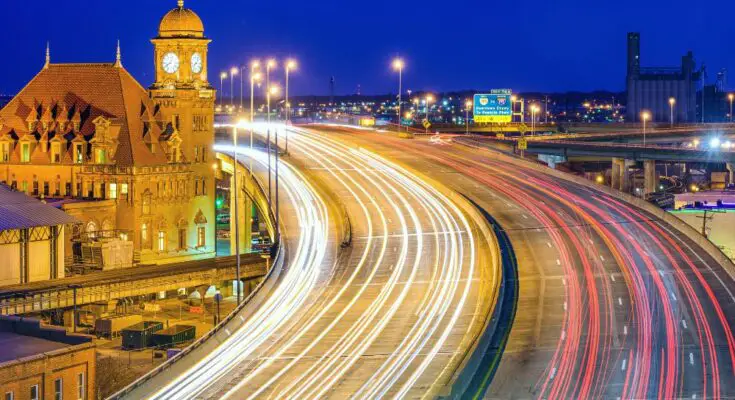Every state is in charge of its own driving laws and regulations, which means many states and cities have unique laws. While the laws impact the people living in these areas, it’s fun to learn about them even if you don’t live in that state. Here’s a look at some of the interesting driving laws in Virginia.
Highway Speeding
No one likes it when you recklessly speed down the highway, and many states have harsh rules in place to punish speeding. Virginia has a unique take on the system, with potential jail time for anyone driving 11 miles or more over the speed limit. Anyone driving over 85 MPH is driving recklessly, which can lead to the state revoking your license, jail time, and a large fine.
The FR-44
Many states use a system of punishment called SR-22, which requires higher insurance coverage for people with revoked licenses. Virginia and Florida are the only two states using the FR-44, a more intensive system. This system works similarly to the SR-22 but has much higher requirements for insurance coverage to recover your license. If you have more questions about FR-44 insurance, you can easily find out more online.
Drunk Driving Prevention
Every state has its own methods to tackle drunk driving, as it’s a huge problem and causes thousands of deaths every year. One of Virginia’s more interesting methods is to give DUIs to any drunk passengers in the vehicle of a person driving under the influence. This encourages people to stop their friends from driving under the influence.
Police Radar Detectors
Virginia is one of the few states to ban the use of police radar detectors. These detectors alert drivers to the presence of nearby police and the possibility of speed traps. Banning their use means drivers won’t get a heads-up to slow down as they near a speed trap. Many states allow their use because people drive slower, even if they speed up after passing the squad car.
These are some of the most unique laws in Virginia about driving. If you live or drive through Virginia, knowing these laws can help you avoid problems with the police. Otherwise, it’s interesting to know how each state views certain practices and attempts to discourage them.



